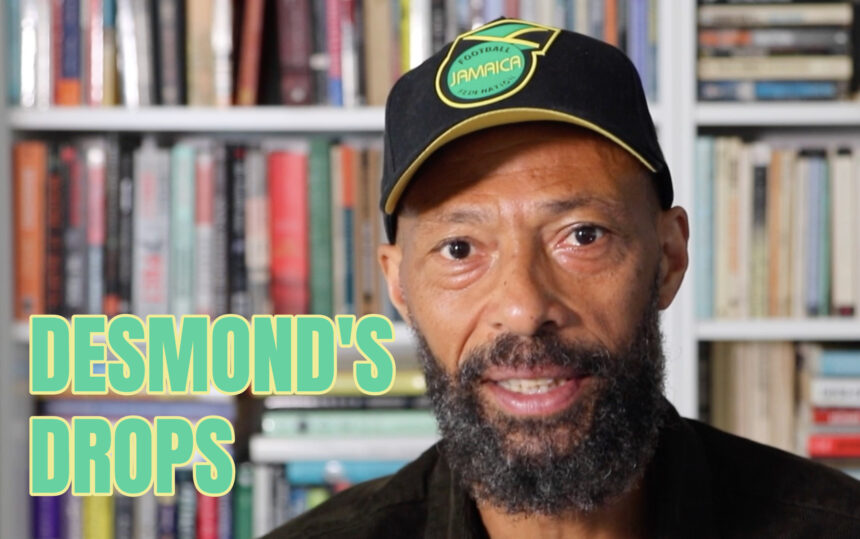Desmond’s Drops: The Limits of Human Experience
By Desmond Hall | September 20, 2023 |

Welcome to a new edition of Desmond’s Drops!
This month, enjoy three drops focused on one topic–Robert McKee’s concept re: “The Limits of Human Experience.” How can you push your characters to their absolute limits? Learn more about a technique that McKee himself has said is underutilized–and that can make your story much stronger.
- The Limits of Human Experience, part 1
- The Limits of Human Experience, part 2
- The Limits of Human Experience, part 3
Email subscribers, please click directly to staging-writerunboxed.kinsta.cloud to view, or visit all of Demond’s Drops on YouTube.
Look for more of Desmond’s Drops in November!
Have your own bit of wisdom to share? Drop it in comments.









THANK YOU! I never quite understood the negation of the negation. Very much appreciate the clarification!
Thanks for the post, Micki!
I still can’t make that terminology work. In my mind, it’s more like amplification of the negation, with perhaps a twist.
The negation of the negation is a fascinating idea. Thanks for sharing, Des! I look forward to the deeper dive in Salem!
Thanks Therese! See you in Salem.
Thanks for the drops, Desmond. Always a worthy investment of my time. Extra thanks for the heads-up on mckeestory.com. I look forward to diving into it.
Glad you found it useful, Christine!
Holy smokes, this is powerful! Your first example of tyranny being a twisted sense of justice makes so much sense. I’m seeing all kinds of examples in our culture. I’m working on a story about truth and lies and I never went all the way to self-deception! Thanks so much.
Thanks Vijaya! Hope you have fun going to the N of the N!
To live up to my handle, I’m going to complain that the term “negation of the negation” means something different than the way it’s used here. The negation of injustice would be justice, for example. In algebra and language, two negatives equal a positive. What we’re talking about is the opposite of negation of negation: actually a further intensification of the negation, the negation squared, or, as so dramatically phrased, “the limits of human experience” of the negation of justice, truth, morality, etc.
Hey Grumpy,
Thanks for the thoughtful post. Actually, I think we agree, at least I certainly agree that when you do math, two negations cancel each other out. But I think of it more in the way of a “synthesis” – which you might as well if you see it through the lens of Hegelian philosophy.
Here is a bit of a longer background.
In the past it was used by the German Philosopher, Hegel, and according to him, “reality develops in three stages, namely, the thesis, the anti-thesis and the synthesis. Depending on the context, the thesis could be an idea, theory or state of affairs; the antithesis stands for the contradictory or negation of the thesis, while the synthesis denotes the blending of aspects of the thesis and the antithesis into a higher level of ideas or reality.” This seems consistent with the portrayal of the N of the N for “Justice” being “Tyranny.”
Also, the N of the N was used in a different way by philosopher, Karl Marx to speak to his thoughts on land ownership.
And certainly there are detractors to Hegel like Engels and Moliere, both of whom do not like the N or the N, as it applies to dialectic. But I do think the N of the N is sound and extremely useful for writers who want to “push their characters to the extreme,” which will lead to a more interesting manuscript.